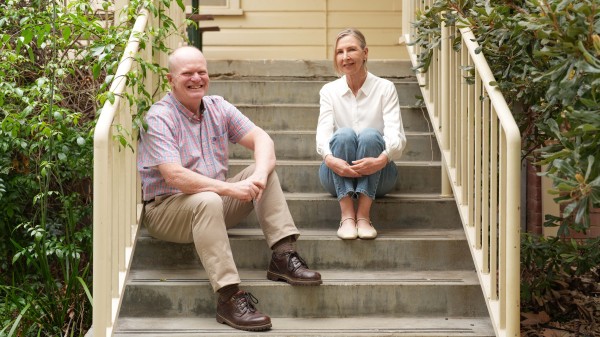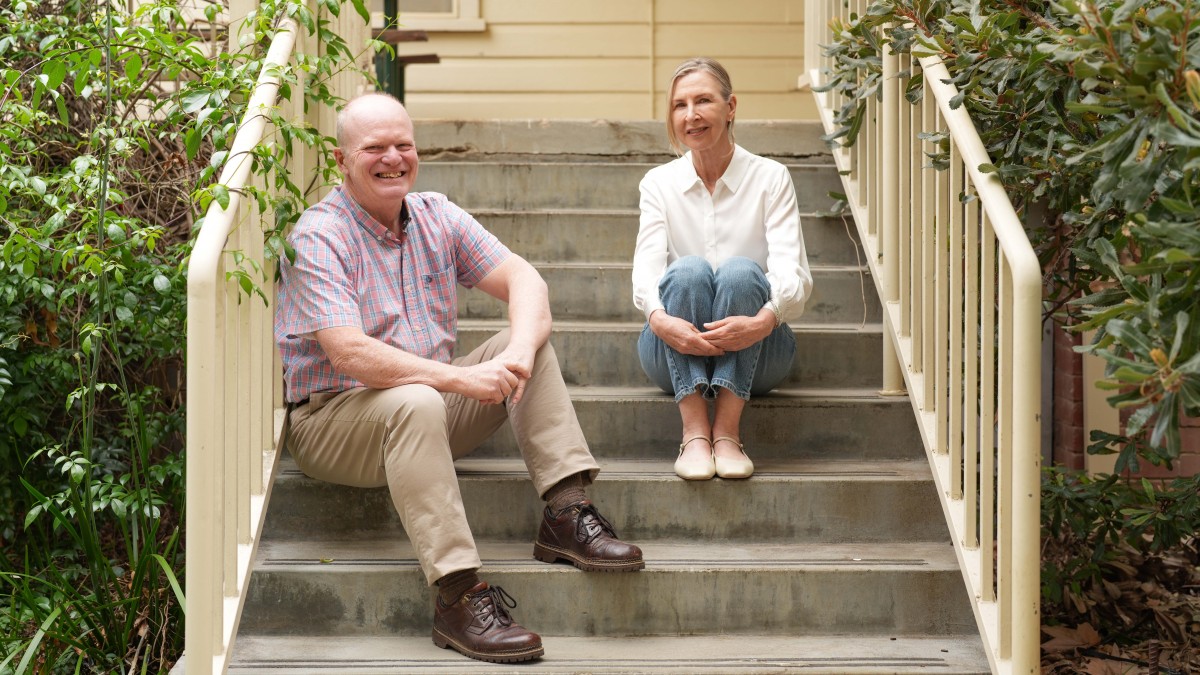A research project, led by Professor Thomas Preiss at JCSMR and colleagues at the Czech Academy of Science, has further illuminated a fundamental process of life - the creation of proteins based on recipes called RNA.
This new evidence underpins a long-held understanding of the scientific community, which has previously been assumed through indirect evidence and has been published earlier this month in Molecular Cell.
RNAs are fleeting copies of the genetic information stored in DNA. They are read by cellular ribosomes, which translate genetic information into proteins.
Proteins are the main building blocks of life, and so the process of translating the genetic information is critical.
The first step in the process of translating RNA is called initiation, and this is what Professor Preiss and his research group are interested in.
“The choreography of initiation is a complex process, with many different translation factors coming together in order to bring the ribosome and RNA together and convert genetic information into proteins” explains Professor Preiss.
He continues that this new finding builds on previous research using yeast cells.
“Ever since publishing in 2016 people wondered if the same techniques can be applied to mammalian cells.”
“We have now investigated the process of initiation directly in human cells.”
This is particularly important because dysregulation of initiation is known to transform normal cells into tumour cells, resulting in cancer.
“The aim of this research is to understand the molecular mechanism of translation in order to apply targeted therapies, using small molecule drugs” said Professor Preiss.
Many cancer treatments are not targeted to specific cells or molecules and can have serious side effects on the healthy cells in the body.
With this new information there is now the prospect of developing new and better treatments.
This research was supported by an ACT Cancer Council Project Grant, as well as funding from the Australian Research Council. You can read the full article here.










